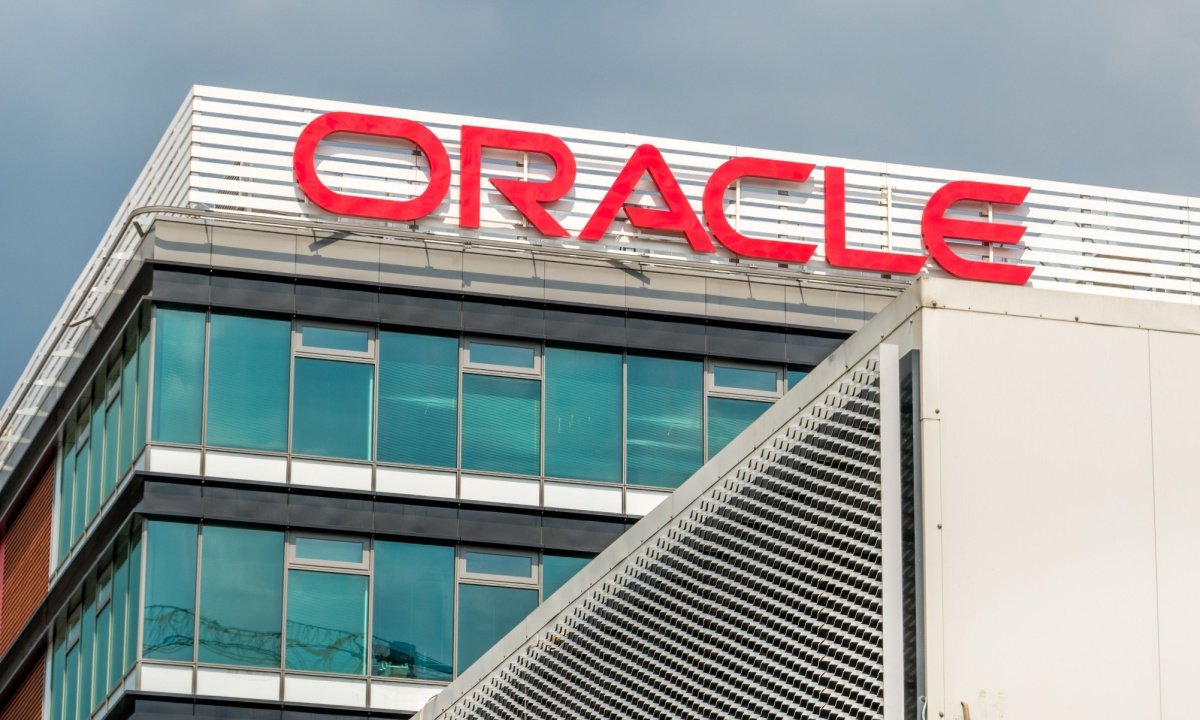AI Research
Artificial Intelligence in Remote Patient Monitoring Market Poised to Grow at 27.13% CAGR Through 2032, Reports DelveInsight

Switch the Market flag
for targeted data from your country of choice.
Open the menu and switch the
Market flag for targeted data from your country of choice.
Need More Chart Options?
Right-click on the chart to open the Interactive Chart menu.
Use your up/down arrows to move through the symbols.
AI Research
Nebius Raises $3.7 Billion in Wake of Microsoft AI Deal

Dutch cloud computing company Nebius has raised $3.75 million via sales of stock and convertible notes.
AI Research
Artificial Intelligence Stocks Rally as Nvidia, TSMC Gain on Oracle Growth Forecast

This article first appeared on GuruFocus.
Sep 11 – Oracle (ORCL, Financial) projected its cloud infrastructure revenue will surge to $114 billion by fiscal 2030, a forecast that triggered strong gains across artificial intelligence-related stocks.
The company also outlined plans to spend $35 billion in capital expenditures by fiscal 2026 to expand its data center capacity.
Shares of Oracle soared 36% on Wednesday on the outlook, as investors bet on rising demand for GPU-based cloud services. Nvidia (NASDAQ:NVDA), which supplies most of the chips and systems for AI data centers, climbed 4%. Broadcom (NASDAQ:AVGO), a key networking and custom chip supplier, gained 10%.
Other chipmakers also advanced. Advanced Micro Devices (AMD,) added 2%, while Micron Technology (MU, Financial) increased 4% on expectations for higher memory demand in AI servers. Taiwan Semiconductor Manufacturing Co. (NYSE:TSM), which produces chips for Nvidia and other AI players, rose more than 4% after reporting a 34% jump in August sales.
Server makers Super Micro Computer (SMCI, Financial) and Dell Technologies (DELL) each rose 2%, supported by their role in assembling Nvidia-powered systems. CoreWeave (CRWV), an Oracle rival in the neo-cloud segment, advanced 17% as investors continued to bet on accelerating AI compute demand.
AI Research
Oracle Health Deploys AI to Tackle $200B Administrative Challenge

Oracle Health introduced tools aimed at easing administrative healthcare burdens and costs.
-

 Business2 weeks ago
Business2 weeks agoThe Guardian view on Trump and the Fed: independence is no substitute for accountability | Editorial
-
Tools & Platforms1 month ago
Building Trust in Military AI Starts with Opening the Black Box – War on the Rocks
-

 Ethics & Policy2 months ago
Ethics & Policy2 months agoSDAIA Supports Saudi Arabia’s Leadership in Shaping Global AI Ethics, Policy, and Research – وكالة الأنباء السعودية
-

 Events & Conferences4 months ago
Events & Conferences4 months agoJourney to 1000 models: Scaling Instagram’s recommendation system
-

 Jobs & Careers2 months ago
Jobs & Careers2 months agoMumbai-based Perplexity Alternative Has 60k+ Users Without Funding
-

 Podcasts & Talks2 months ago
Podcasts & Talks2 months agoHappy 4th of July! 🎆 Made with Veo 3 in Gemini
-

 Education2 months ago
Education2 months agoVEX Robotics launches AI-powered classroom robotics system
-

 Education2 months ago
Education2 months agoMacron says UK and France have duty to tackle illegal migration ‘with humanity, solidarity and firmness’ – UK politics live | Politics
-

 Funding & Business2 months ago
Funding & Business2 months agoKayak and Expedia race to build AI travel agents that turn social posts into itineraries
-

 Podcasts & Talks2 months ago
Podcasts & Talks2 months agoOpenAI 🤝 @teamganassi





















